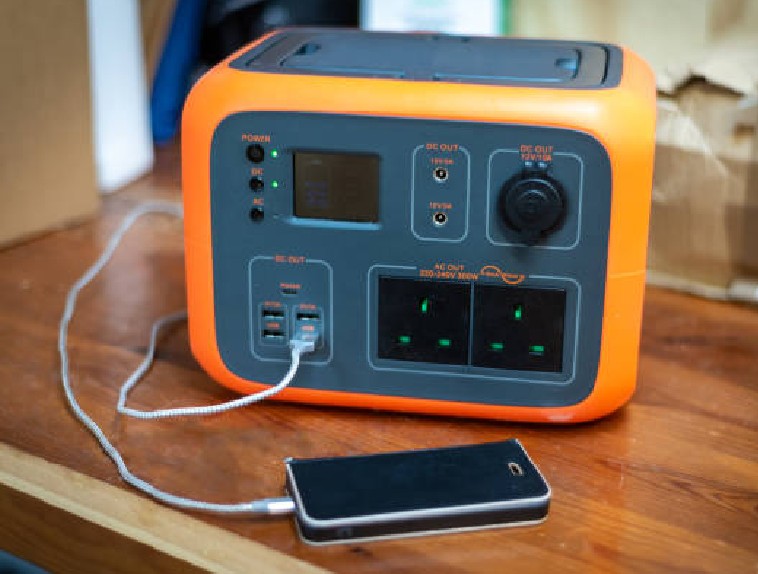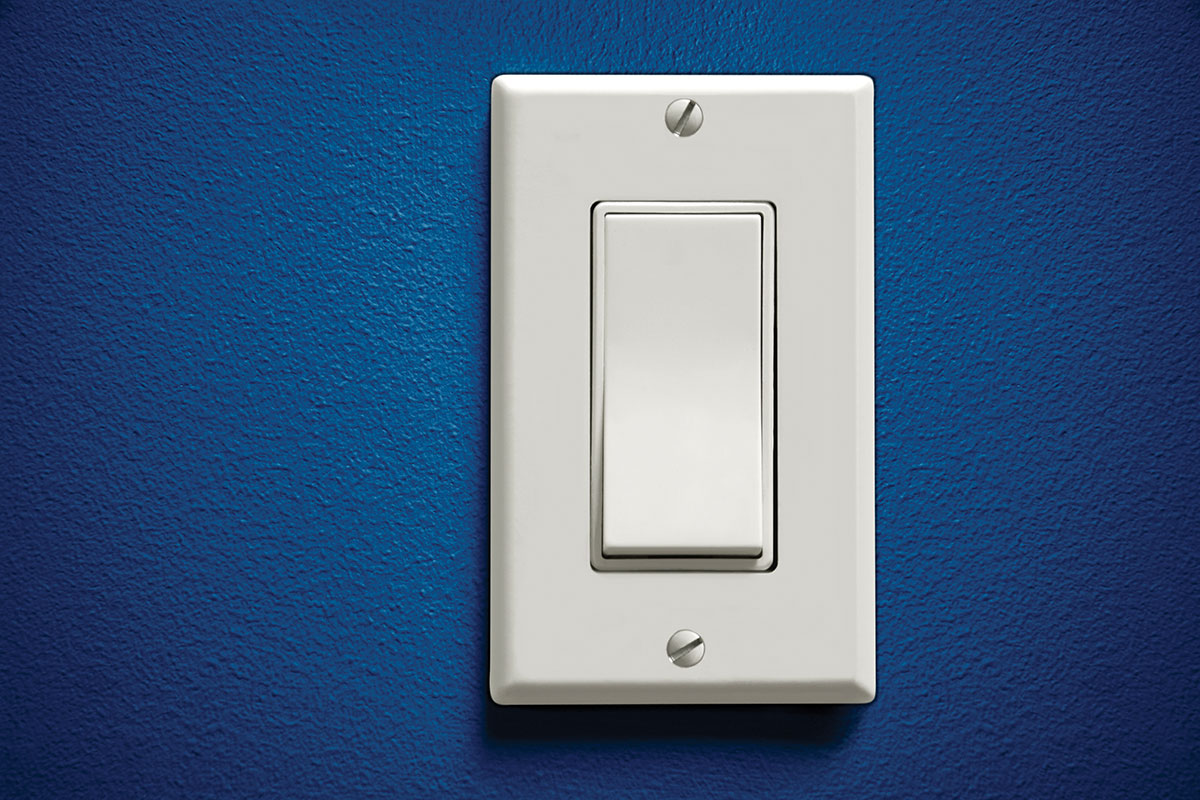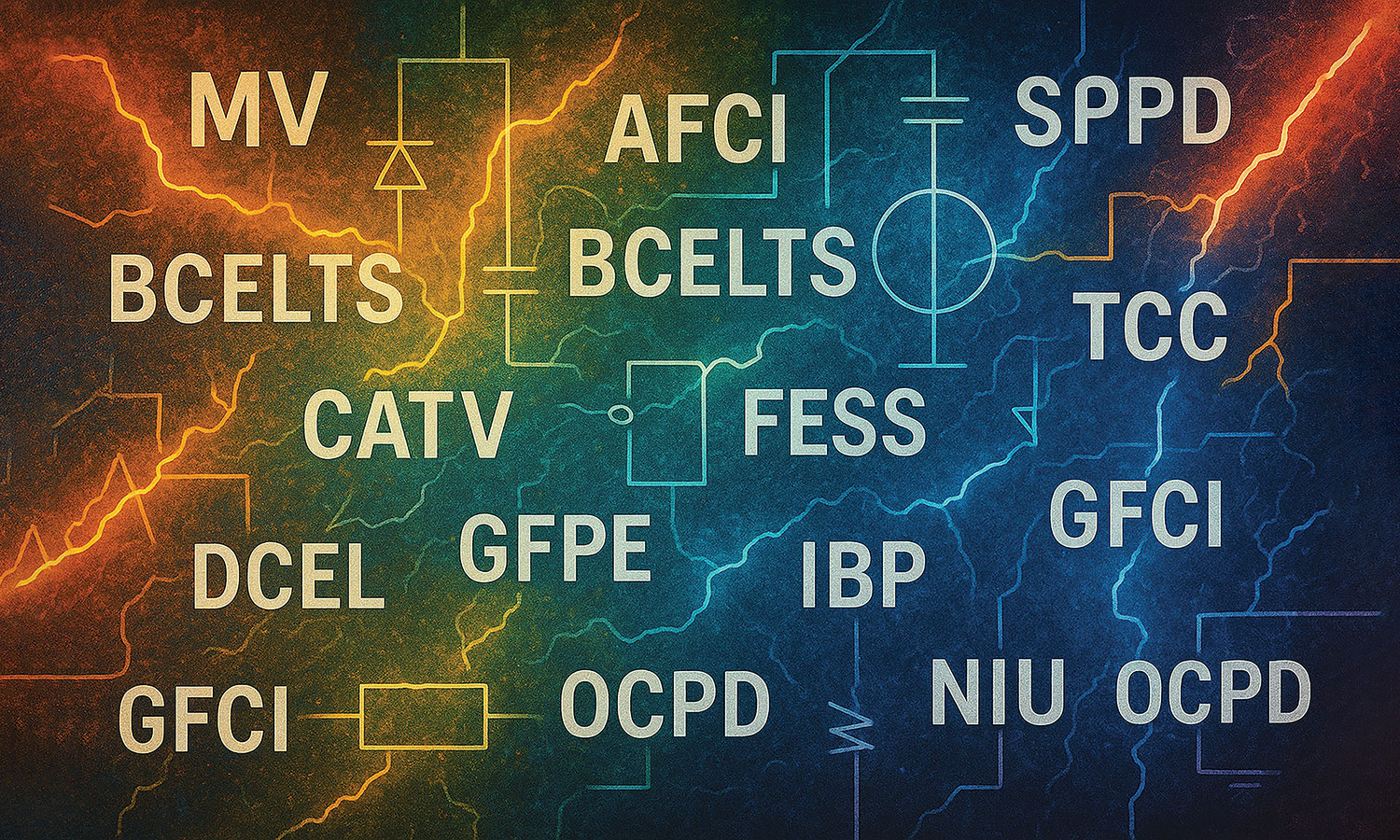It has been a year now since the much-dreaded dues increase. Many members realized the importance of belonging to an organization that has electrical safety as its main goal and have maintained their membership without questions about the necessity of the increase. Some have questioned the increase but stayed with IAEI because of the benefits and goals. Others have decided that the increase was too much for what they were getting, or perceived they were getting, and did not renew. Hopefully they will soon realize that IAEI offers much, if not directly to them individually then to the electrical industry and their neighbors. Several have written to us with comments ranging from “keep up the good work” to “you guys are just a bunch of crooks.” We have kept each comment and while I have not been able to answer each one individually, I wish to reiterate what IAEI is and what it does for electrical safety and the electrical industry.
Our founders recognized over 75 years ago the necessity of an association that would represent the inspector in the process of developing codes and standards, promoting uniform understanding and application of the code, and collaborating with other national and international organizations. The most visible way we strive to accomplish the goal of supporting the uniform understanding and application of the electrical code is, of course, the IAEI News. The bimonthly magazine always contains articles that are relevant to many of the situations that arise daily for the AHJ and installers. It also contains pertinent information on sections, chapters and divisions as well as member activities. Even though the News is recognized as the premier publication in the electrical field, it is not all IAEI does.
This past year the NEC underwent its triennial revision process and IAEI participated in that process by having a principal and an alternate on each of the nineteen code-making panel and the Technical Correlating Committee. Sponsorship of 40 participants is not cheap, but it is worth the expense to assure that the inspector’s voice is heard when writing the Code. Some have questioned IAEI’s involvement in a process that changes the Code every three years as being only a “moneymaking scheme.” I wonder where our electrical systems would be today if codes did not keep up with the ever changing technologies? I would hazard a guess that there would be many more fires caused by hazardous wiring as well as more electrocutions. To do nothing would be criminal.
Another method IAEI uses to get the word out is iaei.org. Our web site is a valuable resource for information on member services, seminars, and articles that have appeared in the IAEI News. There is a Global Forum at the site where code discussion can take place. Some people have indicated that the site is hard to use and not very beneficial. Look for the article about the forum in this issue of the News. Maybe if you get used to using the forum it would provide you with a better outlook of the benefit. Realize that the forum is there for code discussion and not a place for telling jokes or meeting with buddies to shoot the breeze. There are plenty of other forums for that.
IAEI’s Education Department is a major part of furthering the association’s goals. From conducting seminars to creating materials for those seminars, as well as for use by the members, its work is extremely important. Many things go into maintaining and increasing the goals. Not only the task of producing new materials and updating existing materials, scheduling seminars and instructors, but also keeping track of CEUs earned and issued, keeping records of electrical inspector certifications and reviewing applicants for certification and recertification take many hours of staff time. It is a wonder that it all gets done with three people in that department. Of course we have to pay them, as well as all the other staff members, a competitive wage to maintain the high quality and level of expertise.
Salaries are not the only expense for the International Office. Building maintenance, utilities, taxes, and other things that many people don’t realize exist are also expenses that go into supporting the staff in their duties.
Dues only account for about 40 percent of IAEI revenues. The remaining revenues are largely derived from the sale of books and educational materials and seminars. Developing materials and conducting seminars has stretched the staff about to the breaking point. The Board of Directors, after resisting for a couple of years, came to the realization that a dues increase was necessary to keep the association viable to continue to strive to met the goal the founders set for us.
The year 2004 is the year that the 2005 NEC will be published. IAEI, along with gracious help from NFPA, will again offer our members a free 2005 NEC for those who have remained members for three years or longer. The number of copies is limited, so be sure to return your order form as soon as you receive it. I said free, but we are asking for you to cover the shipping charges. Note that as in the past, this offer is only extended to our faithful members that have been a member for the past three years. I believe that when one stops and contemplates on what IAEI does with the resources it has that you will come to the conclusion that $90.00 per year is a bargain price to keep a position and voice in the electrical industry.
As I have said many times: You get out of the organization what you put in. So stay involved, take advantage of the many activities that are IAEI.
This issue contains information on the new section officers. Read about the president of each section and when you see them congratulate them and offer your support and willingness to work for the good of IAEI. Sign up a new member and encourage the existing ones to stay active. Happy reading.











Find Us on Socials